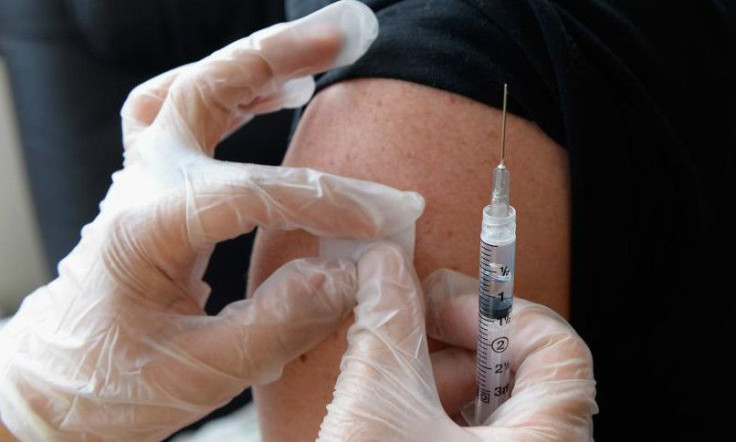6-Month-Old Baby Contracts Rare, Deadly Disease; Close Contacts Possibly Infected
KEY POINTS
- A six-month-old baby from Adelaide is now being treated after developing a rare strain of meningococcal infection
- About 20% of children with meningococcemia do not survive, according to Boston Children's Hospital
- Symptoms of meningococcal infection in infants include excessive sleeping, inconsolable crying and refusing bottle
A six-month-old baby from Adelaide is now being treated after contracting a rare, deadly disease that could have infected more than a dozen people.
In a statement released by South Australia Health on Monday, the child reportedly suffers from a rare meningococcal strain. The health department revealed that about 15 people who have been in close contact with the baby are now completing a course of "clearance antibiotics," Yahoo News reported.
The baby's case is one of the four cases of invasive meningococcal disease in South Australia identified by the health department this year.
Meningococcal infections are caused by a group of bacteria called Neisseria meningitidis and could lead to various diseases such as meningitis (infection of the membranes surrounding the brain) or meningococcemia (bloodstream infection).
Between five to 25% of people carry meningococcal bacteria at the back of their nose and throat without knowing it. The bacteria is then passed between people either by prolonged close contact or intimate and deep kissing, as per a study conducted on the microorganism.
Boston Children's Hospital (BCH) has provided a list of symptoms of meningococcal infections that parents should look out for to determine if their child has been infected.
For meningitis:
- inconsolable crying
- bulging fontanelle (the soft spot on the baby's head)
- refusing bottle
- excessive sleeping, etc.
For meningococcemia:
- fever
- aching muscle and joints
- chills
- low blood pressure
- very low urine output, etc.
Meningococcal disease, although rare, can be deadly. According to BCH, nearly 20% of children who develop meningococcemia do not survive, which is why immediate treatment is necessary for those who have been infected.
Young children are at the highest risk of getting bacterial meningitis, according to Meningitis Research Foundation, and they need to be properly vaccinated to get protected from various diseases. In the U.K. and Ireland, for example, meningitis vaccines are routinely given to babies at least two months old. These vaccines equip the body to fight against most strains of the meningococcus bacteria.

© Copyright IBTimes 2025. All rights reserved.





















